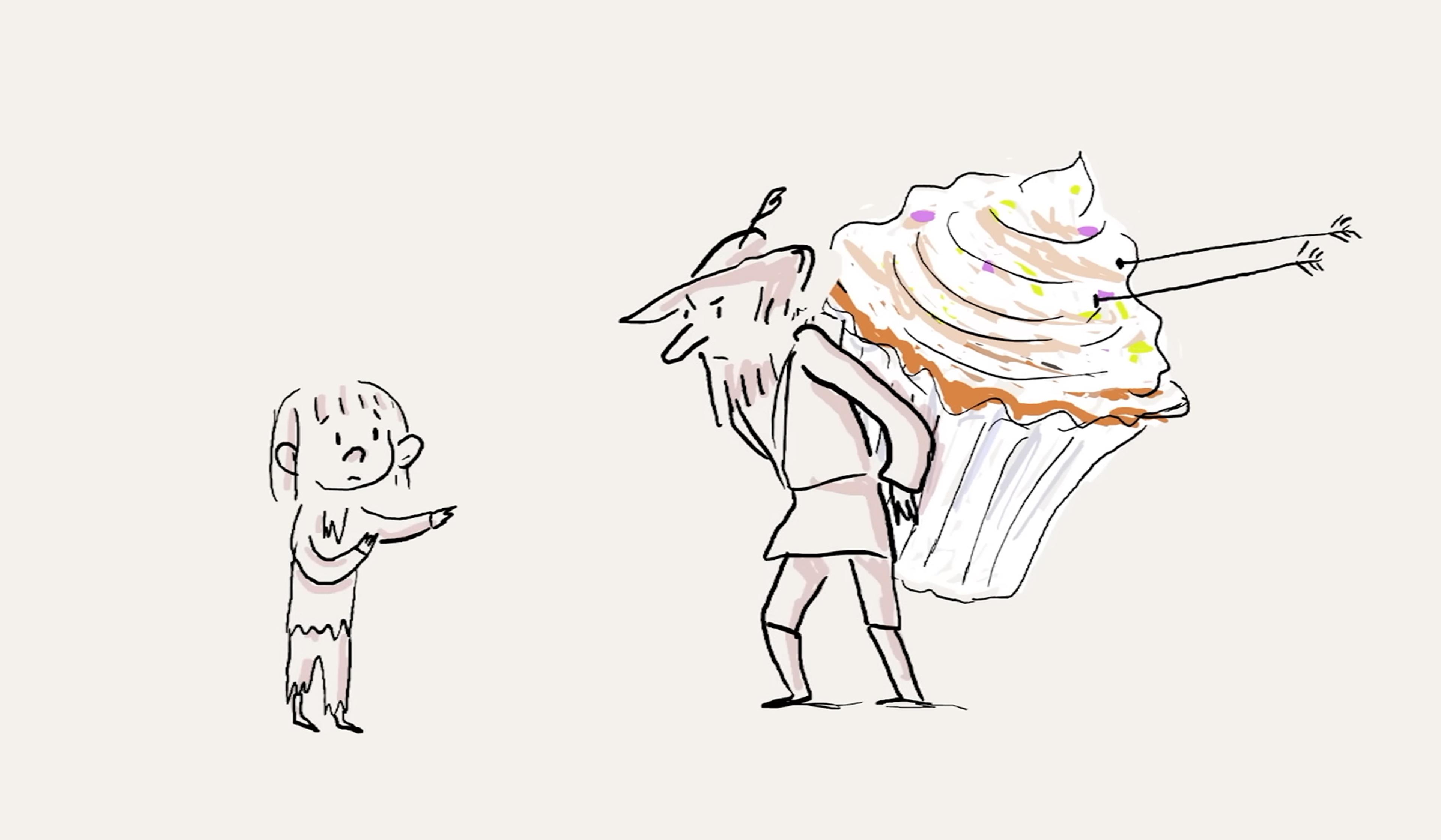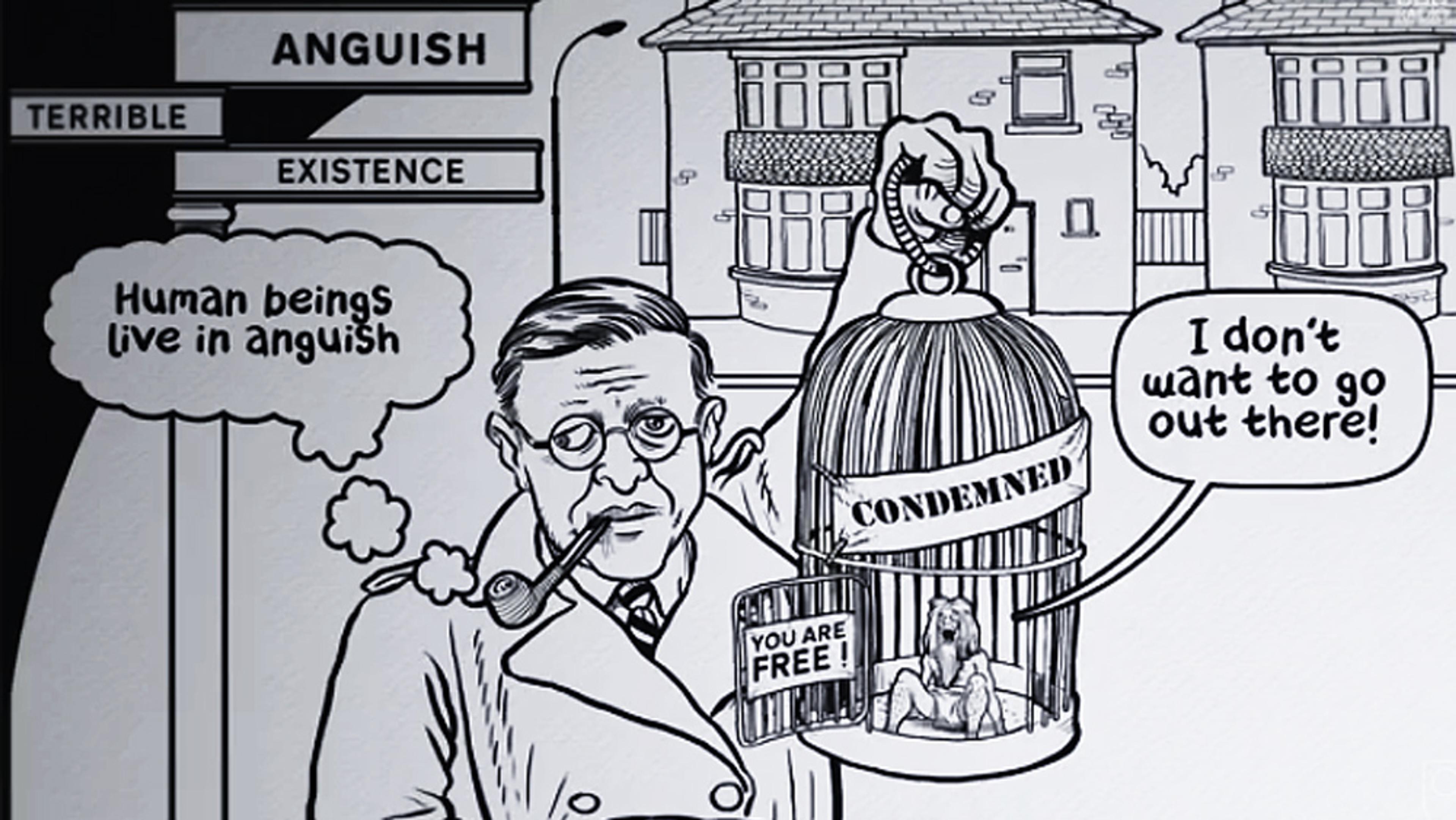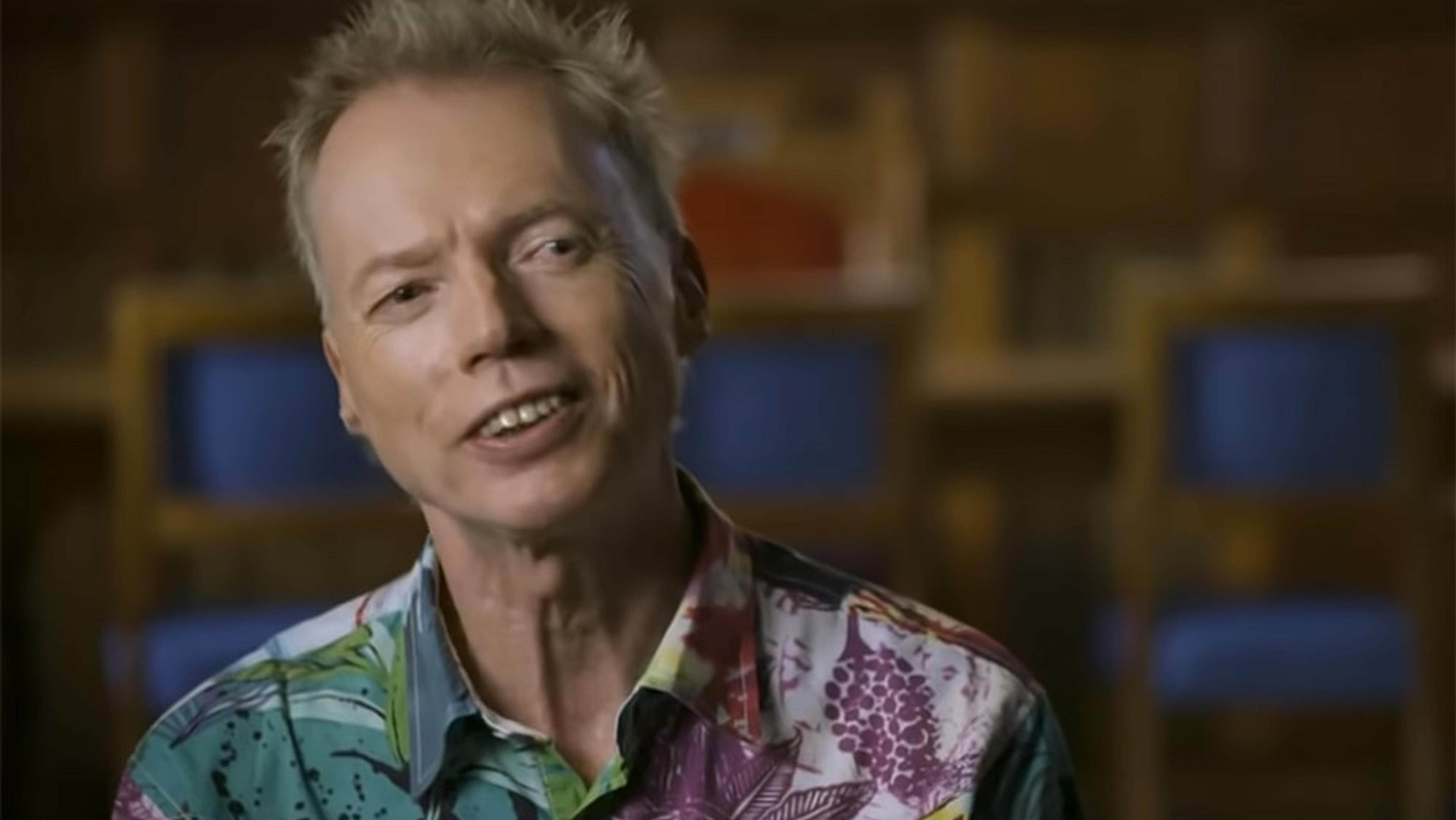The words ‘know thyself’ (or ‘gnothi seauton’ in Ancient Greek) were famously inscribed above the forecourt at the Temple of Apollo at Delphi. In Plato’s telling, Socrates believed that the value of self-knowledge consisted in one’s ability to recognise the limits of what they know, which, Socrates ultimately thought, was nothing. In the centuries since, thinkers who have tried to discern the nature of the self have come to radically different conclusions. Thomas Hobbes advocated introspection – attention to one’s own thoughts, feelings and desires – as a means to understanding others. Sigmund Freud developed his theory of the unconscious, introducing the notion that much of what makes up the self is hidden and unknowable. And in the contemporary era, the experimental psychologist Bruce Hood has turned to brain research to fundamentally question whether there is any self to know.
Socrates believed self-knowledge was essential. Today, we wonder if there’s even a self to know

videoCosmopolitanism
Is the introspection of self-help and therapy hurting our ability to empathise?
10 minutes

videoPhilosophy of mind
It’s easy to get caught up in constructing our selves, but what does it cost us?
3 minutes

videoEthics
For Iris Murdoch, selfishness is a fault that can be solved by reframing the world
6 minutes

videoHistory of ideas
If, as Shakespeare suggested, all the world’s a stage, do we have a ‘true self’?
2 minutes

videoPolitical philosophy
Sartre and the existential choice: ‘In fashioning myself, I fashion humanity’
2 minutes

videoPhilosophy of mind
‘Am I not at least something?’ A surreal dive into Descartes’s Meditations
3 minutes

videoEthics
BBC producer John Lloyd argues against the cult of knowledge and information
2 minutes

videoPhilosophy of mind
Your body is scanned, destroyed, then reproduced. Do ‘you’ live on the copy?
13 minutes

videoVirtues and vices
Why Jean-Jacques Rousseau and Adam Smith were divided on the virtues of vanity
5 minutes